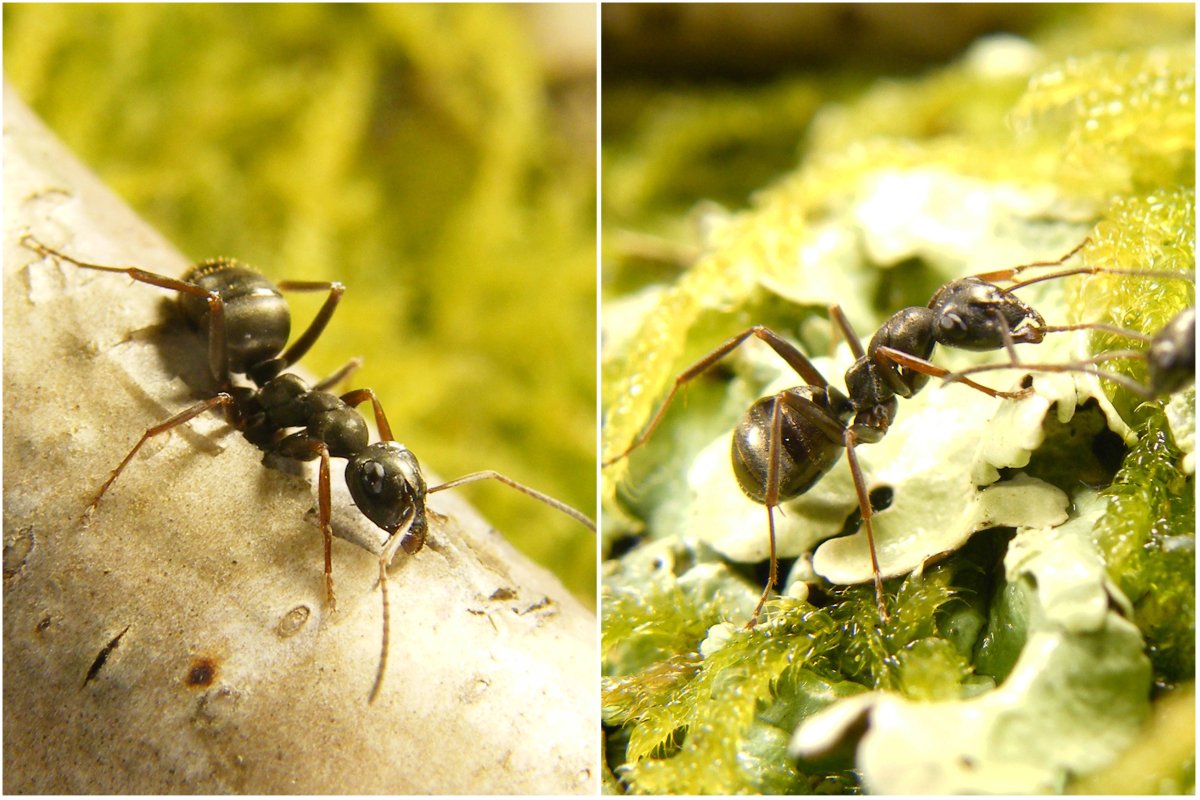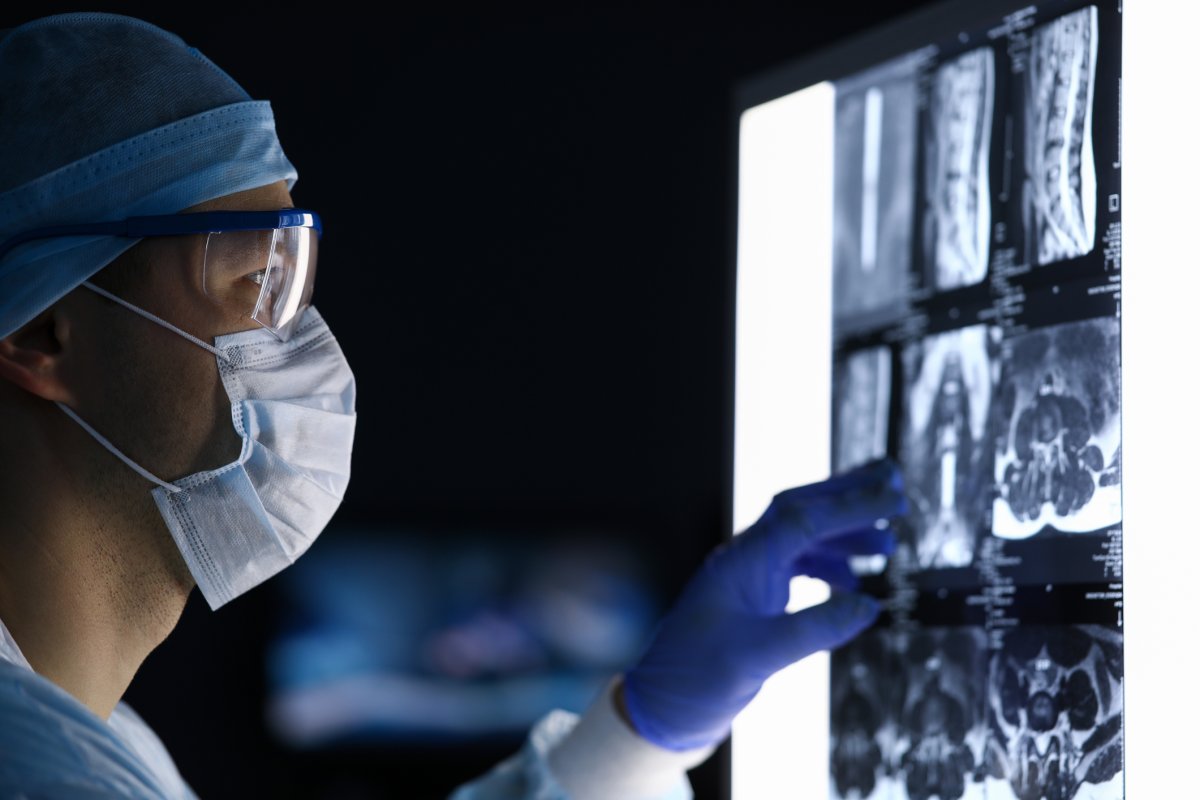A new tool for cancer detection could be crawling around in your backyard.
In a study, published in the journal Proceedings of the Royal Society B: Biological Sciences, a team of French researchers at the University of Sorbonne Paris North demonstrated that ants have the potential to act as early stage cancer detectors.
"We knew that ants can be easily trained," Baptiste Piqueret, who led the study, told Newsweek. "Furthermore, they have a refined sense of smell. We then combined these two abilities and tested whether ants were able to detect the smell of cancer or not."

Tumor cells produce specific chemical compounds that allow them to be distinguished from healthy tissues. These are known as cancer biomarkers. Animals can be trained to sniff out these chemicals and thus identify when a patient has cancer.
In the present study, worker ants of the species Formica fusca—commonly known as the silky ant—were trained to recognize biomarkers of an extremely aggressive human breast cancer. The urine of mice carrying these tumors was collected and presented to the trained ants, alongside urine from tumor-free mice.
After just three rounds of training, where the ants learnt to associate the smell of cancer biomarkers with a sugary treat, they spent approximately 20 percent more time in the vicinity of the urine from the tumor-bearing mice than the urine from those who were tumor-free.
Cancer is a leading cause of mortality worldwide, accounting for approximately one in six deaths, as calculated by the WHO. The sooner a tumor is detected, the better the outcome for the patients. However, most early detection tools today are either invasive or expensive.
In the past, dogs, mice and nematodes have also been shown to sniff out cancers. But ants would provide a particularly attractive alternative as they are relatively easy to keep, they don't require expensive rearing facilities, and it appears that they can be trained to recognize specific odors in relatively few trials.

This study specifically looked at the ants' ability to sniff out breast cancer biomarkers, but they have previously been shown to respond to the biomarkers of ovarian cancer and are able to distinguish between different cancer types. "There is no reason to think that ants can detect only breast tumors and not other types," Piqueret said.
There are of course some confounding factors that could alter the smell of urine between individuals. "The diet, sex, and age of a patient can impact the odor of the urine," Piqueret said. "In this first study using ants and urine, we controlled these parameters with mice."
Moving forward, the team will need to test whether these other factors affect the ants' ability to detect tumors. "It is possible that, for ants, the smell of cancer is more important than the age, the sex and the diet of the patient, so in that case, we could directly use the same method without controlling these factors in humans," Piqueret said.
If these factors more significantly impact the ants' cancer detecting abilities, the insects would need to be trained on different age groups, sexes and diets so that they learn to focus only on the common point, the presence of cancer biomarkers, and not on these other confounding factors
"Only further experiments will give us definitive answers," Piqueret said.
Is there a health issue that's worrying you? Do you have a question about cancer? Let us know via health@newsweek.com. We can ask experts for advice, and your story could be featured on Newsweek.
References
Piqueret B, et al., Ants act as olfactory biodetectors of tumours in patient-derived xenograft mice, Proc. R. Soc. B, January 25 2023 https://doi.org/10.1098/rspb.2022.1962
Uncommon Knowledge
Newsweek is committed to challenging conventional wisdom and finding connections in the search for common ground.
Newsweek is committed to challenging conventional wisdom and finding connections in the search for common ground.
About the writer
Pandora Dewan is a Senior Science Reporter at Newsweek based in London, UK. Her focus is reporting on science, health ... Read more
To read how Newsweek uses AI as a newsroom tool, Click here.






